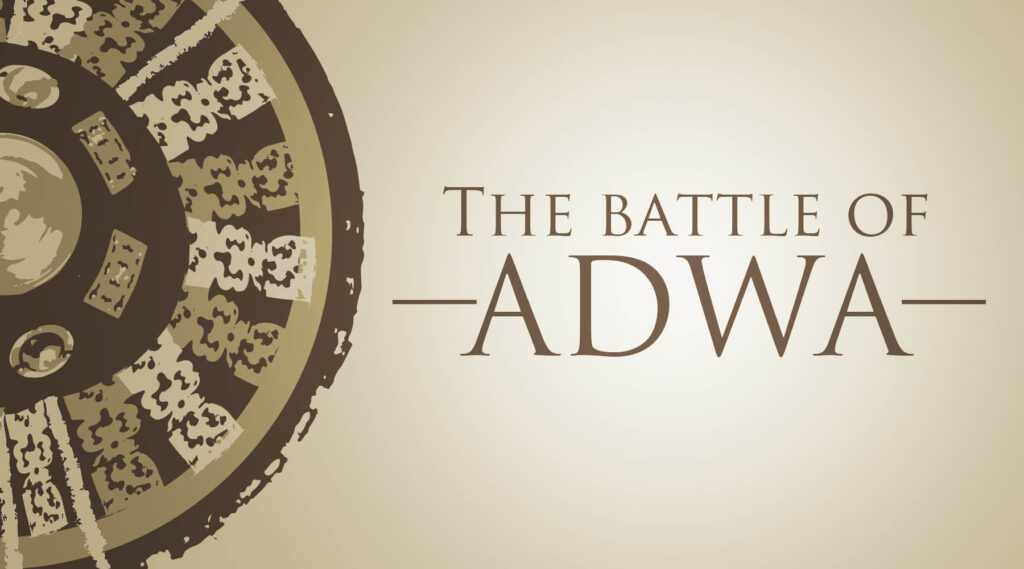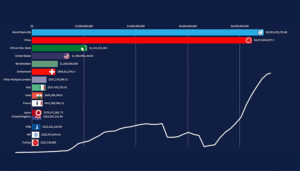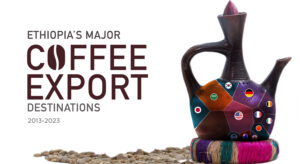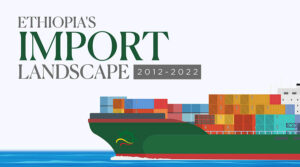On this day in 1896, the Battle of Adwa unfolded in the highlands of Ethiopia, marking a defining chapter in Africa’s quest for sovereignty and independence. This historic confrontation saw Ethiopia, then known as Abyssinia, standing tall as an unscalable wall of resistance against European colonial ambitions. The conflict’s genesis is traced back to a deceitful treaty by Italy, which sought to undermine Ethiopia’s autonomy by mandating that it needed Italian permission for any external economic or political engagements. Emperor Menelik II, upon uncovering the ruse, nullified the clause, setting the stage for battle.

Under the strategic command of Emperor Menelik, Ethiopia marshaled an impressive force of 132,000, comprising both combatants and support personnel. The unity of Ethiopia’s leaders was remarkable; figures like Empress Tayitu, Ras Wale, and King Tekle Haymanot, among others, shelved their differences to face the common foe. This coalition was pivotal in the subsequent victories at Debre Hayla, Ambalage, and Mekele, showcasing the formidable spirit of the Ethiopian forces.
Remarkably, as revealed by Tekletsadik Mekuriya, Emperor Menelik II orchestrated the meticulous procurement and stockpiling of military resources, directly acquiring weaponry from Italian sources and dispatching his engineers to secure additional supplies from Germany and Great Britain over an extended duration. Astonishingly, this strategic endeavor culminated in the accumulation of an arsenal comprising approximately 189,000 rifles and an astonishing cache of over 2 million bullets. Despite the magnitude of this feat, it remains a lesser-known facet of Ethiopian history amongst many contemporary Ethiopians. Surprisingly, this era of heightened militarization, where Ethiopia boasted a firepower far surpassing traditional armaments, is often overlooked or downplayed in modern discourse.
The toll of the battle was heavy, with Ethiopian casualties numbering between 3,867 to 7,000 fallen warriors and approximately 10,000 wounded. The Italian forces suffered greatly as well, with over 6,100 lives lost and 3,865 soldiers taken prisoner. Furthermore, the aftermath saw 8,924 Italian soldiers retreating into Eritrea, seeking refuge with their compatriots.
Adwa’s victory resonated far beyond the battlefield, shattering the myth of European supremacy in Africa and preserving Ethiopia’s independence. This triumph was more than a military success; it was a ray of hope and pride for oppressed populations across Africa, igniting a flame of resistance and unity against colonial dominance.
The battle’s significance extended into the realms of the Pan-African movement, fostering a sense of solidarity and a collective will to defy imperialism. Adwa became a symbol of African resilience and a testament to the power of unified action against formidable odds.
Today, the legacy of Adwa continues to inspire, embodying the ideals of courage, determination, and unity. It reminds us of the sacrifices made for freedom and dignity, urging current and future generations to uphold these values in their continuous quest for justice and self-determination.
In commemorating Adwa, we pay homage to those who fought valiantly and the spirit of resistance they represent. This historical moment serves as a powerful reminder of the need for continued dedication to the principles of freedom, equality, and sovereignty. Reflecting on Adwa’s lessons, we must renew our commitment to a future where these ideals flourish, honoring the legacy of those who paved the way.
Sources
- “The Ethiopians: A History. Wiley-Blackwell” By Richard Pankhurst (2001)
- “Menelik II and Ethiopia’s Unity” by Tekletsadik Mekuriya (1991)
- “Armies of the Adowa Campaign 1896″ by McLachlan, Sean (2011)
Disclaimer
Please note that the numbers presented in this infographic represent rounded totals and are not exact figures. This approach was necessitated due to the lack of primary records, as indicated by our references. We have endeavored to ensure accuracy within the constraints of the available data.










